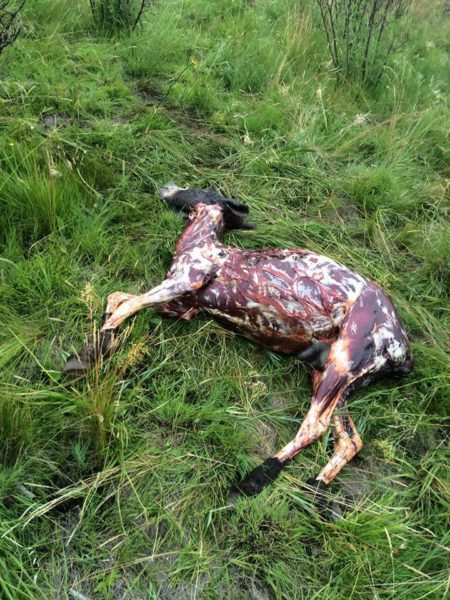According to several sources, there is a growing demand in Chinese markets for donkey pelts, and some rural areas in Africa are reportedly being stripped of free-roaming donkeys to feed the demand.

Some might view the removal of donkeys as a good thing, because donkeys are not indigenous and can cause damage to vegetation, especially in arid areas. But in fact these donkeys are most often owned by rural villagers who rely on them for transport, food and trade.
In some African countries the exporting of donkey pelts to China has led to local scarcity and driven up the price of donkeys, making them too expensive for many rural villagers. As a result, countries such as Niger and Burkina Faso have banned donkey exports, although some countries are considering formalising donkey product exports as a lucrative industry. In South Africa, the National Council of Societies for the Prevention of Cruelty against Animals (NSPCA) is investigating cases of cruelty, with donkeys being rounded up and kept in appalling circumstances, often leading to them being weak and emaciated – before being bludgeoned to death and skinned. The NSPCA’s Mpho Mokoena: “People are using a hammer to hit them. When they fall down, they don’t even wait to see if the donkey is dead and just start skinning it.”

Donkey hides are boiled to produce a gelatine that is said to have anti-ageing properties‚ used to combat insomnia, bleeding, dizziness and aid in improving blood circulation.

*The pictures featured in this post appeared on the NSCPA Facebook page and were taken at an illegal slaughter site in Sani Pass, South Africa, where 35 carcasses were reportedly recently found, and 2 people arrested.
To comment on this story: Login (or sign up) to our app here - it's a troll-free safe place 🙂.![]()






